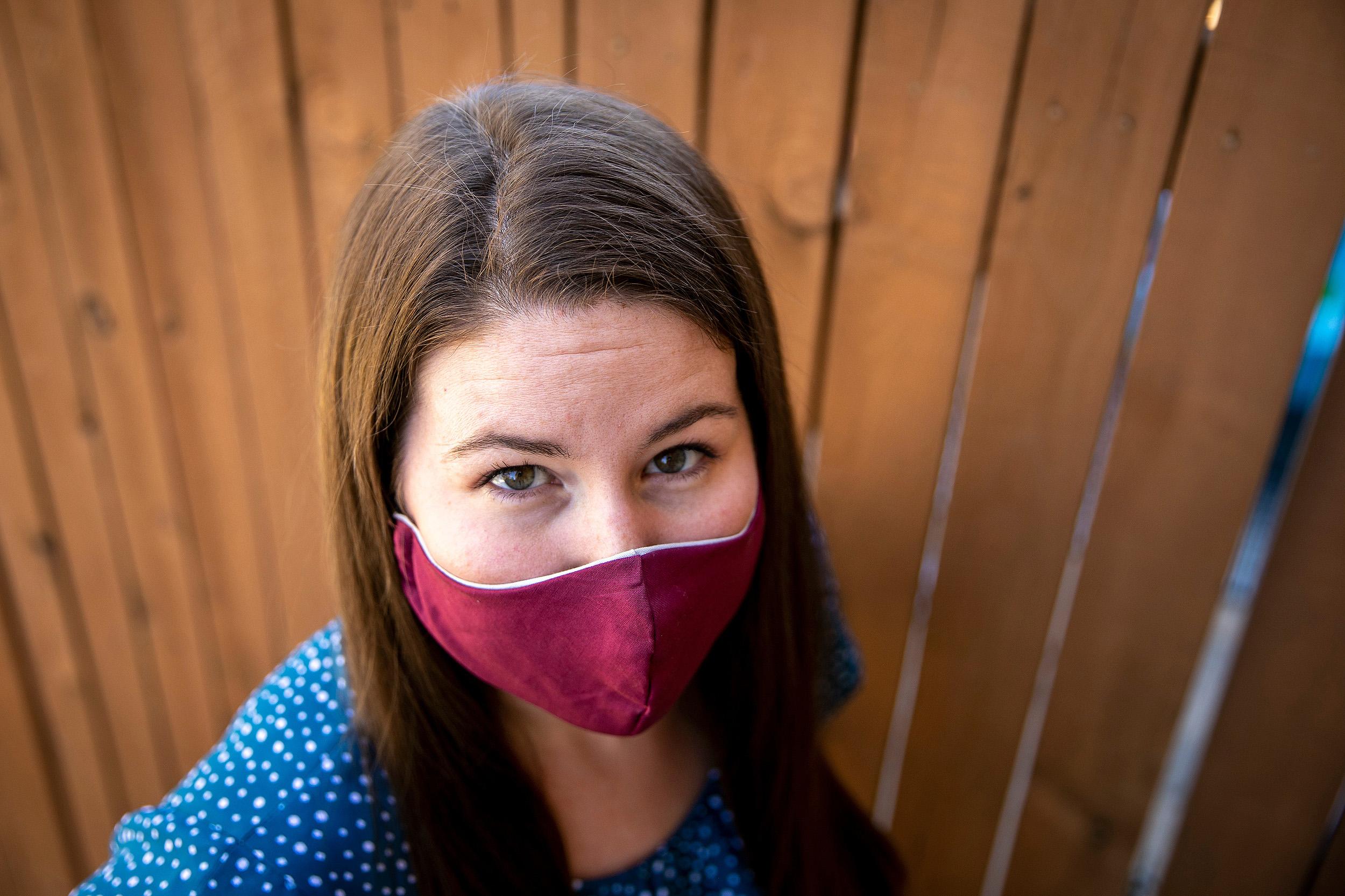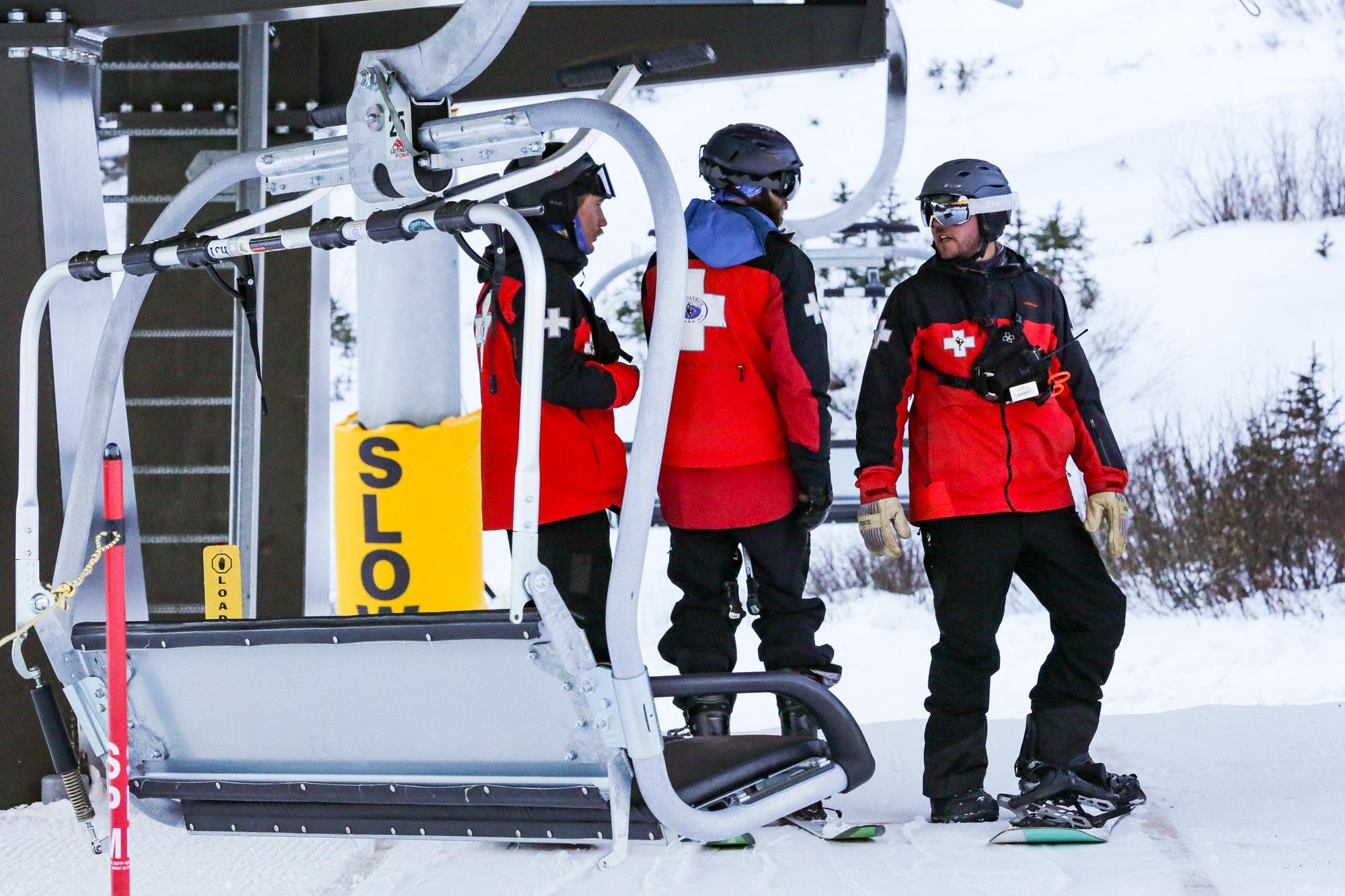
Rebecca Lyman won’t have to leave her Westminster apartment, but she’s about to join the frontlines of Colorado’s coronavirus response.
That’s because the 28-year-old is a recent addition to the state contact tracing team. As Colorado moves to reopen some businesses, it’s hiring people like Lyman to help them break the chain of any future transmissions. All she needed was some training, a state-issued laptop and a phone line.
“It’s a pretty flexible situation,” she said. “Calling case contacts, doing the interview, then reporting that information to an online database.”
The ongoing pandemic has shown why her new job is critical to disease containment. Countries like Taiwan and New Zealand stopped the initial surge in COVID-19 cases with systems of robust testing and tracing, which allows governments to find potential spreaders and quarantine them until they’re no longer contagious.
Epidemiologists have summed up the process in three words: test, trace and isolate.
As states begin to reopen, public health experts have called for a massive expansion in staff and material to complete each of those steps. One report from the National Association of County and City Health Officials said a state should have 15 contact tracers per 100,000 people during normal times. During a pandemic, the rate should double to about 30 per 100,000 people.
In Colorado, that means a workforce of about 1,740 people — about six times a rough estimate of the current contact tracing now working in state and local health departments.
“We don't have tools like a vaccine or a really effective drug to reduce the severity of the disease,” said Crystal Watson, a senior scholar at the John Hopkins Center for Health Security and a lead author of the NACCHO report on contact tracing. “If we want to reopen and get back to work, our best bet is to develop these capabilities at the state and local level.”
Some states have launched plans with eye-catching numbers for new contact tracers. Massachusetts has already hired more than 1,000 workers through a collaboration with the nonprofit Partners In Health. Ohio wants at least 1,750 by June 1. Washington is building a rapid-response team of 1,500. Gov. Gavin Newsom of California has an initial goal to build an army of 10,000 tracers.
Colorado, meanwhile, has no public plan to rapidly expand contact tracing.
But Sarah Tuneberg, head of the Colorado Coronavirus Innovation Task Force, said the state has been increasing its contact tracing force under an internal plan -- and will continue to do so. It’s just taking a different approach than other states.
“Rather than having a formal hiring target, like saying we need a hundred thousand or a million contact tracers, we want to make sure we can trace every positive case and then follow up with all of their contacts,” she said.
Tuneberg added a hard target makes more sense in states with centralized public health systems. While Colorado has a statewide public health agency, it largely works to support county-level public health departments, which have primary authority for disease investigation under state statute.
Tuneberg said the state is currently surveying local public health agencies to get a clearer picture, but it's clear counties have ramped up their capacity for contact tracing during the pandemic.
A spokesperson with Denver’s Joint Information Center said the city and county has trained an additional 50 disease investigators and plans to train another 50 in the coming weeks. Boulder County’s communicable disease program had three epidemiologists prior to the current crisis. It now has five lead epidemiologists and 15 disease investigators. Heidi Dragoo, epidemiology program manager for Mesa County, said it initially had just four people able to do contact tracing but has since trained 22 additional staff members. El Paso county has even trained workers from its morgue in contact tracing according to a health department spokesperson.
Altogether, state epidemiologist Rachel Herlihy estimates around 300 people across the state are now doing contact tracing work on an average day, up from about 30 to 40 prior to the pandemic.
“The reason those numbers aren’t precise is many individuals have been pulled in because it’s a critical response right now. And so they're working on this temporarily. It's not their permanent position,” she said.
Colorado has also launched an online symptom tracker to help track the spread of the disease. With tests in short supply, the tool is meant to help health officials catch coronavirus embers before they become hotspots.
The state maintains its own contact tracing team to support local governments. In the last two weeks, it began training a group of 24 students in contract tracing work, mostly from the Colorado School of Public Health. The state plans to begin training another group of students in the next few weeks.
All in all, Herlihy said she'd like the state contact tracing team to have the capacity to track 500 cases per day. That group will fit into what the state is now calling its COVID Response Corps, which will help with disease surveillance and services for sick people. Tuneberg hopes to have no fewer than 2,000 people in that group, but it's a "dynamic goal depending on funding availability."
And Tuneberg doubts the money could come from state coffers. She expects the program would cost between $30 and $100 million dollars. Between a steep decline in state revenue and restrictions in Colorado's Taxpayers' Bill of Rights, she said the state needs federal help to staff the plan.
The federal Department of Health and Human Services recently awarded Colorado $10.3 million to build up its contact tracing and testing programs. While that’s helpful, Tunberg said it amounts to a “drop in the bucket.”
“If we’re talking about enhancing our workforce from a couple hundred to a couple thousand, $10 million doesn’t go particularly far, unfortunately,” said Tuneberg.
This article has been updated with additional information about the Colorado Covid Response Corps









